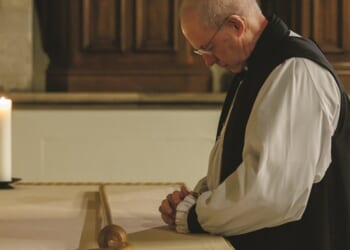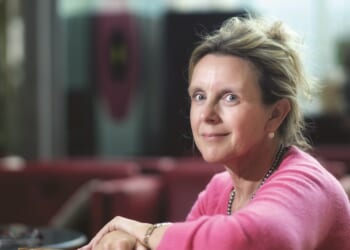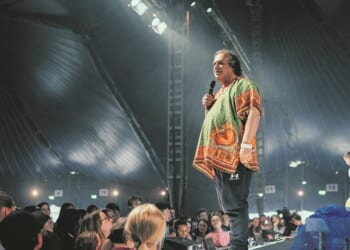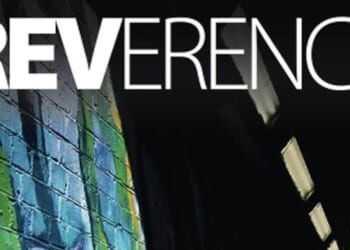THERE is an increasing focus, globally, on keeping people safe online, and a corresponding focus on digital safeguarding.
In July, the Online Safety Act came into force in the UK; in Australia, there is a ban coming in on 10 December, which is designed to limit the harmful effects of social media on young people. The policy has been touted as a world first, and is being watched closely by leaders around the world.
Australia could use a range of technology to implement its social-media ban for under-16s — but it all has risks or shortcomings, a report by the Age Check Certification Scheme has found. Under the new laws, platforms must take “reasonable steps” to prevent Australian children from creating accounts on their sites and to deactivate existing ones. Although the move is popular with many parents, experts have raised concerns about data privacy and the accuracy of age-verification technology.
WE TREAT adults and children differently in the real world: you are allowed to do different things at different ages; but we have not yet got to the point at which the internet can reliably distinguish between people’s ages. There is a great deal of work going on around the world to crack this problem.
Establishing someone’s age is harder than people think, particularly when dealing with large numbers of people. You can do it by documentary proof (such as a birth certificate), by looking at someone’s face, or by considering a combination of factors, including behaviour. But each approach presents challenges. The report by the Age Verification Providers Association shows that good progress is being made, although a range of solutions will be required, as no single measure “cuts the mustard”.
Personal information is precious — we all know about identity fraud — and documents can be forged. Simple facial recognition technology to estimate age does not always produce reliable, accurate results. It is easier for the technology to decide whether someone is 15 or in their forties than to decide whether a person is 15 or 16 and is, therefore, subject to the ban or not.
Age verification can be supplemented with a range of behavioural signals and contextual data to provide much more accurate results. As ABC News puts it, if all your friends are 13, you speak and write like a 13-year-old, and your online activity drops off during school hours, a social-media platform might ask you to prove your age. The use of this supplementary information, of course, gives rise to privacy concerns.
AS THE Girls’ Brigade, we support the intent behind the ban: protecting young people from the very considerable harm that can come from social media, such as cyberbullying, exposure to unsuitable content, and mental-health risks linked to excessive screen time and online pressure. But we advocate education and empowerment, not just restriction.
We know from our research that young people spend much of their time online. Children and young people like being online, but we know that there are many benefits, too. We are also aware, however, of the dark side of the internet and social media, and the terrible harm that they cause.
While we offer safe, enriching alternatives to online engagement which integrate physical activity, teamwork, and developing life skills, we know that being online is very important to some groups of young people.
Young carers, for example, cannot always leave the house, owing to their caring responsibilities; and in rural areas where it is simply not practical to travel long distances to attend youth activities, being online can be a lifeline in terms of maintaining friendship groups and purposeful activities. Online youth groups also help young people to maintain links with trusted adults and friendship groups when making transitions such as going to college or university, or starting a new job, which often means moving away from home.
So we provide safe online spaces, too, with digital safeguarding built in. As well as online crafts, Bible study, badgework, and so forth, we also run online programmes such as “Staying Safe in the Digital World”.
For example, with the girls and young women who attend, we explore questions such as: What is truth? How do you know whether the images and posts you see are real or whether they’ve been enhanced? We then contrast this with biblical truth. And, of course, we teach them how to question: How do I know whether this is real? How can I check? Teaching children and young people to go beyond face value, think carefully, and question more deeply is a critical life skill for 2025 and beyond.
As the Girls’ Brigade, we see a great opportunity to engage young people in thinking critically and faithfully about their digital lives — helping them to stay safe and be a positive influence on the world.
Judith Davey-Cole is the chief executive of the Girls’ Brigade, an hon. lay canon of Salisbury Cathedral, and chair of the Methodist Safeguarding Committee. She has recently completed a course on the Ethics of AI at the LSE.

















